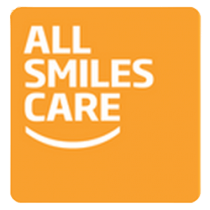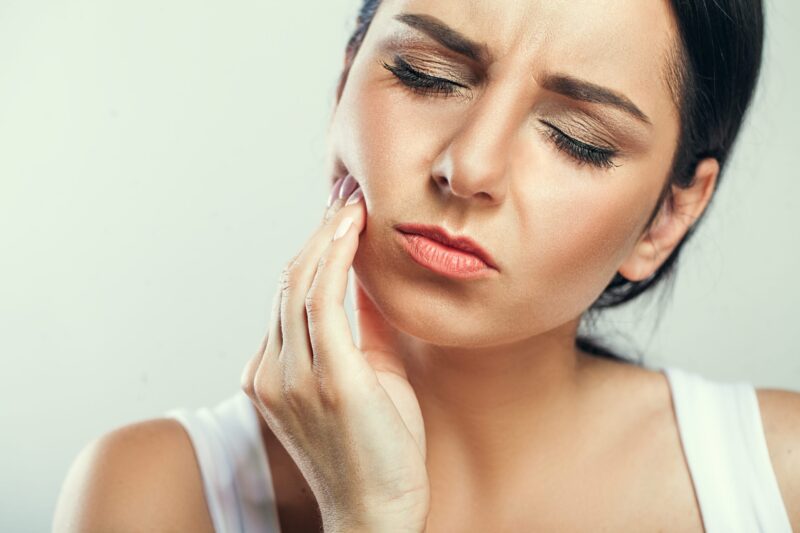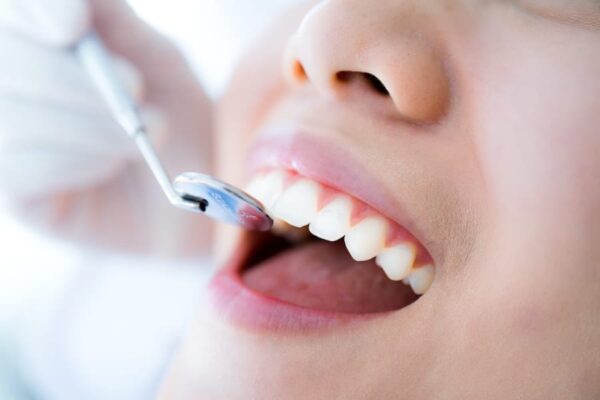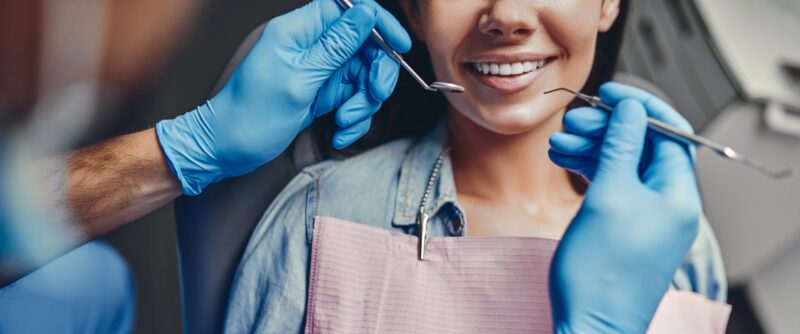We would bet money that, as you’re reading this, you’re in a relaxed position and your top and bottom teeth are touching each other. Were we right? If yes, you’re not alone. Most people, when they close their mouths, automatically close their jaws completely, causing their teeth to touch. But, did you know that your teeth are only supposed to make contact when you’re chewing?
What’s so Bad About Letting Your Top and Bottom Teeth Always Touch?
When people close their mouths, people automatically close their jaws completely, but that’s not a good oral habit – you are actually supposed to have your jaw relaxed and have space between your teeth, called a freeway space. Your jaw does a lot of work over the day and night. Your jaw opening and closing is the mechanism that allows us to bite, chew, and speak properly. The mandibles are strong bones that can generate a lot of power when they open and close.
This power is the exact reason why your teeth should only touch when you’re eating. In fact, the continued unnecessary impact that happens can take a toll on your teeth, gums, and jaw over time.
Tooth Issues
The continued impact of your teeth hitting each other in ways they aren’t supposed to can harm your teeth. In many cases due to factors like tooth alignment, however, the same teeth can hit each other and eventually cause chipping or cracking.
Gum Issues
The impact of your teeth hitting together or your jaw clenching consistently can lead to receding gums. Unfortunately, if your gums start receding, there’s not much you can do because they don’t grow back. If they recede too much, you may require a gum graft, which can be costly and painful.
Jaw Issues
If your teeth are touching when you are relaxing, that naturally means that you are clenching your jaw. This pressure that your jaw is exerting can build up and cause your TMJ, or jaw joints, to get out of equilibrium. This can lead to headaches, jaw spasms, and more.
Another thing to consider is how your teeth and jaw are positioned when you sleep. For most people, their jaws are relaxed and their teeth rarely make contact. Others, however, clench their jaws and even grind their teeth, which comes with its own host of issues. To remedy this, people can wear night guards to train their jaws to stay apart and relieve any pressure caused by unconscious clenching.
If you’re concerned about your teeth clenching and grinding, make an appointment today to speak to our staff about your issue!
Get in Touch with All Smiles Care!
The best way to kick this bad oral habit is to consistently be aware of the unnecessary pressure you’re putting on your jaw and relaxing it. Start by setting reminders for yourself to relax your muscles and separate your teeth. There are even several exercises you can do that will help you.
If you think that your issue is more severe and you believe that your oral posture needs to be checked by a professional, don’t hesitate to reach out to All Smiles Care. Our dental staff will be glad to look at your bite and jaw alignment as a whole to recommend treatment. Contact All Smiles Care today!




